Roald Dahl is known for creating fantastical, whimsical stories. The renowned author’s stories have shaped the hearts and imaginations of multiple generations of children and become absolute classics. It is why they make for such rich material to be adapted to stage productions, classroom modules, and feature-length films.
As with any film, adaptations are expected to make some changes, but as long as his original vision and the story’s heart are preserved, these changes won't be a problem. However, while some films have done this extremely well, others have failed to really translate from book to screen.
10 Willy Wonka & the Chocolate Factory (1971)
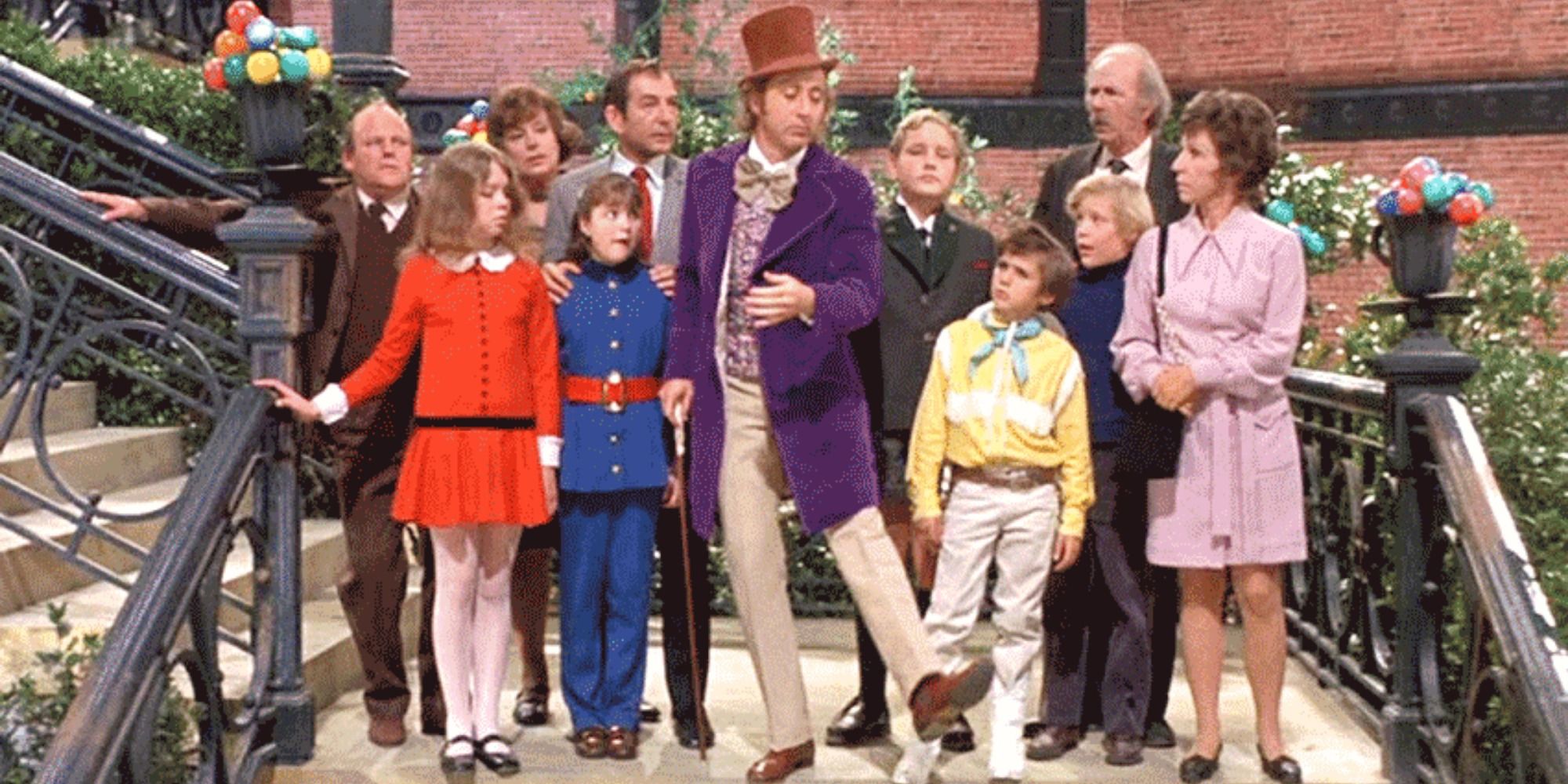
Charlie and the Chocolate Factory is perhaps Roald Dahl’s most famous book. Thus, Dahl had hopeful expectations when he was granted the duty to adapt the book as a musical, alongside screenwriter David Seltzer. But ultimately, the resulting film strayed away from his vision.
One of the major changes from the book is expanding Slugworth’s role as a major foil for the five children. Add to that the “fizzy lifting drinks”, using new compositions instead of the original Oompa Loompa chants and excluding Charlie’s father, Mr. Bucket. Dahl himself hated the film.
9 The Witches (1990)
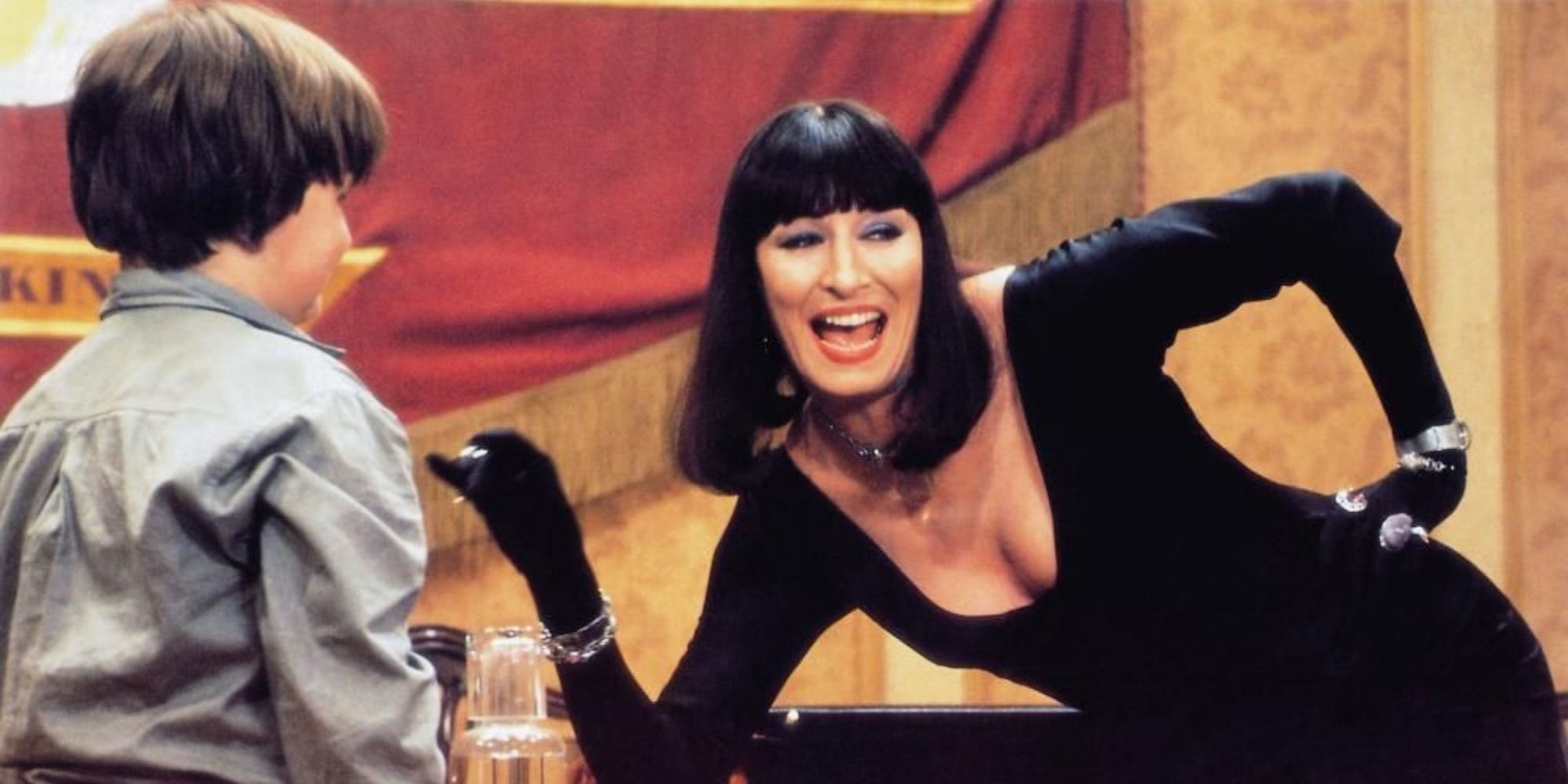
But the latter is not the only film that Roald Dahl disliked during his lifetime. The dark fantasy The Witches is a personal childhood-inspired story for Dahl. While director Nicolas Roeg stayed loyal to several horror elements, he toned down many elements from the book.
In the book, Luke is at the accident that killed his parents, the grandmother is sharper and Bruno Jenkins is harsher to Luke. But the most egregious change is the ending, which allowed Luke to return as a boy, instead of staying as a mouse.
8 Matilda (1996)
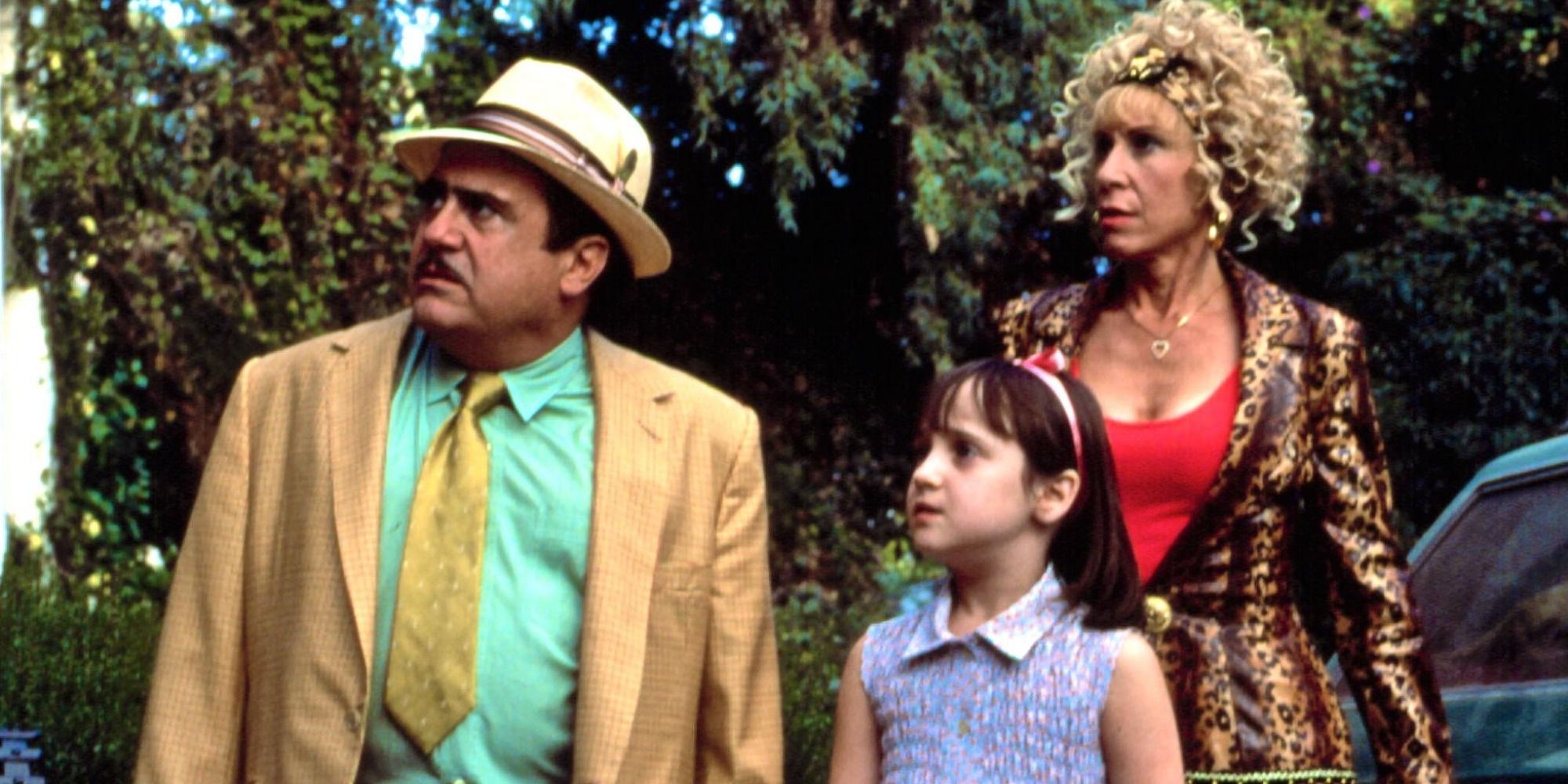
Matilda is the heroic tale of a 5-year-old bibliophilic prodigy who discovered she has telekinetic abilities, prompting her to use it against her cruel family and her tyrannical headmistress, Miss Trunchbull. Danny DeVito adored the story that he adapted it to film, with several changes.
In a change to the book, the character of Fred, his pet parrot, and Mr. Trilby were removed. Matilda was less mischievous than she is originally. And her powers first manifested when she blows up a television set rather than tipping a glass of water.
7 Roald Dahl's Esio Trot (2015)
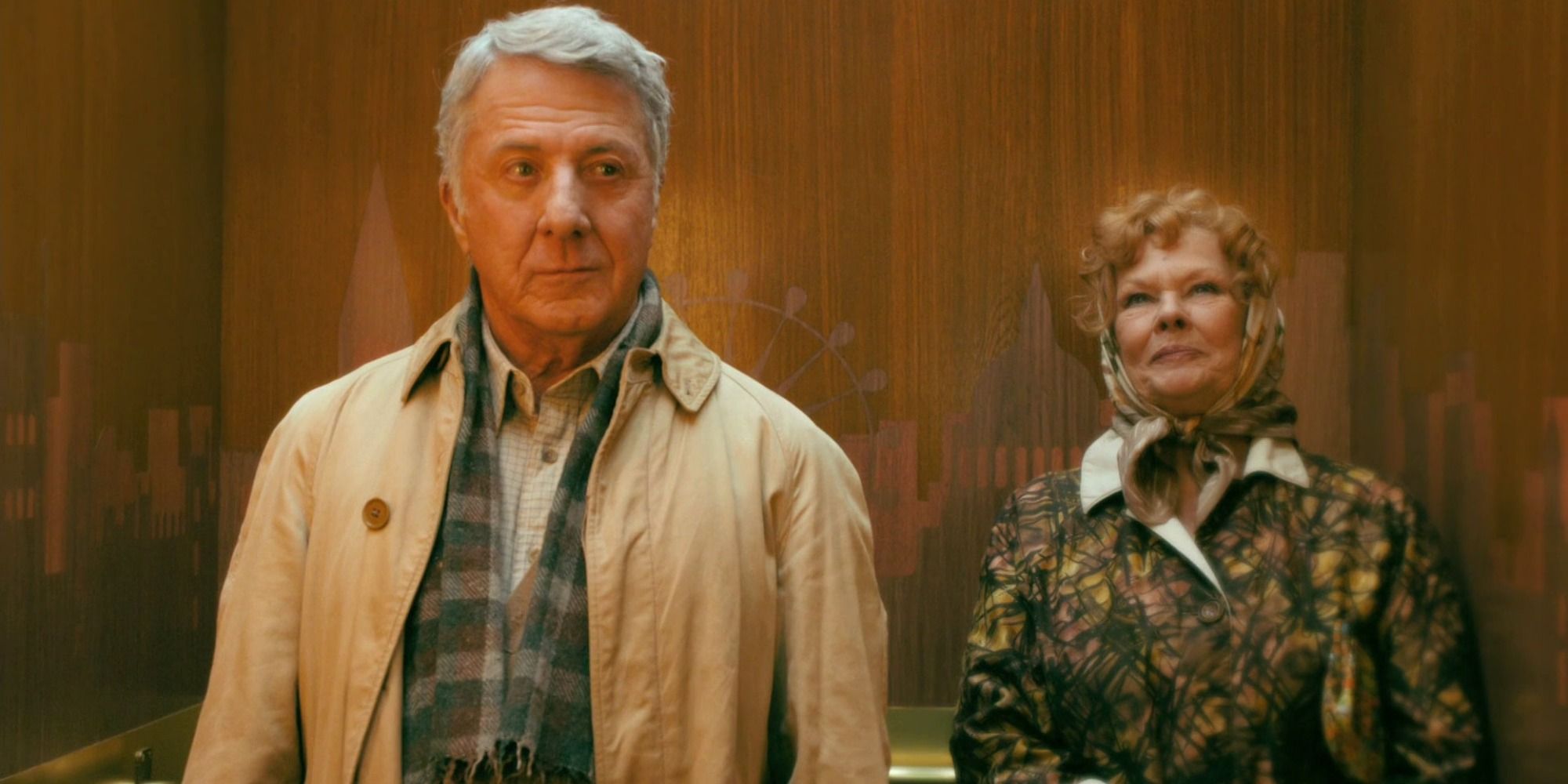
Esio Trot is one of the two books that was adapted as a British TV movie. The story tells the pursuit of the lonely Mr. Henry Hoppy (Dustin Hoffman) to win the affections of neighbor Mrs. Lavinia Silver (Judi Dench) by relating to her interest in tortoises.
While the final film stayed loyal to the story’s heart, it made several changes like removing Mr. Hoppy’s rival Mr. Pringle, and having Mrs. Silver learning about Mr. Hoppy’s ruse to win her over. Despite being duped, Mrs. Silver nevertheless marries Mr. Hoppy.
6 Fantastic Mr. Fox (2009)
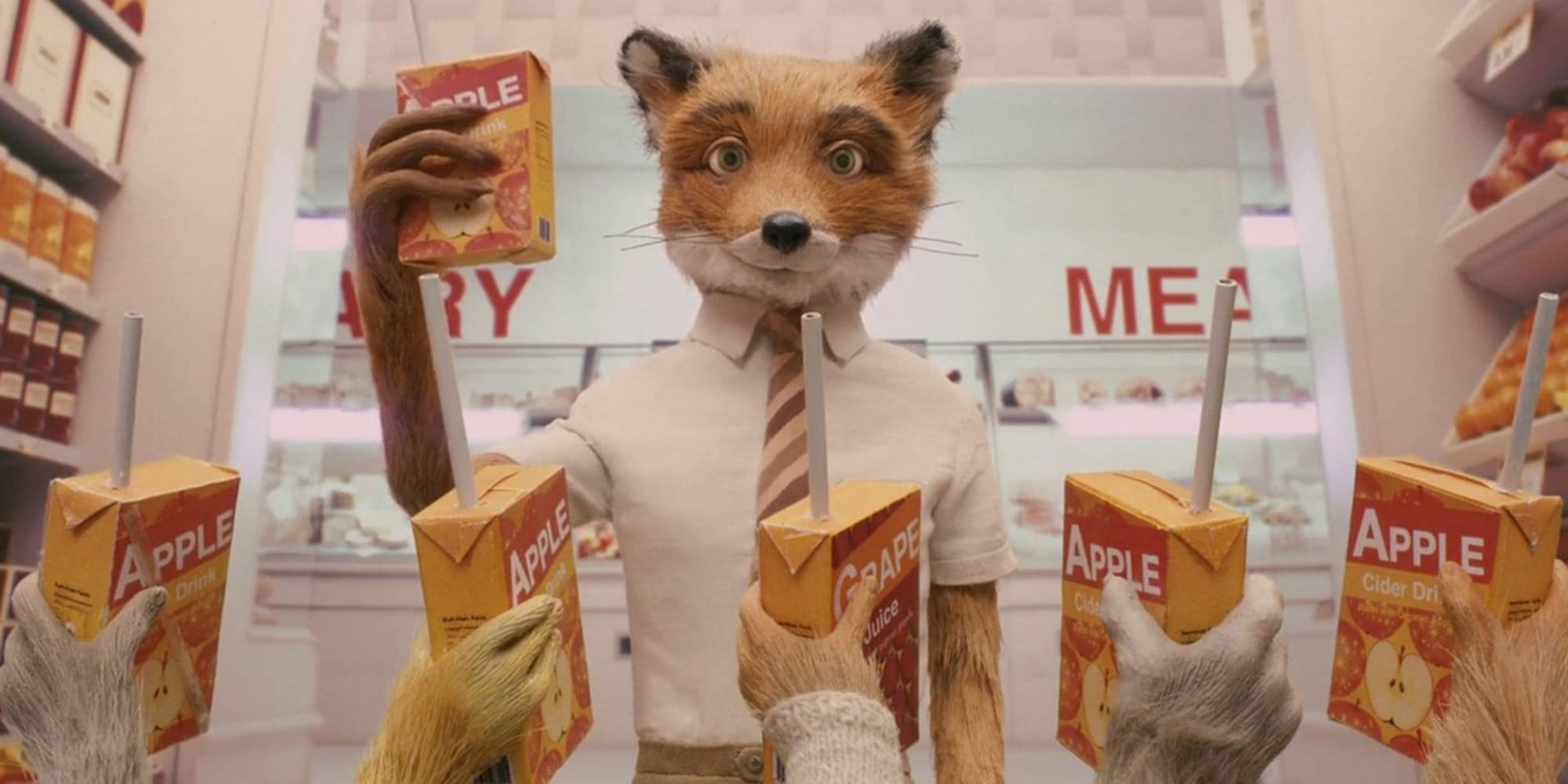
Fantastic Mr. Fox is the first book that Wes Anderson owned. So, it is only fitting that it also became his first animated project. The story tells the exploits of Mr. Fox, who must outwit three cruel farmers who are hunting his family and other creatures.
Coraline & 9 More Incredibly Expensive Stop-Motion Animated Films Ever Made
Anderson revised the beginning and the end of the book, though he and Noah Baumbach reused Dahl’s original manuscript to stick to the author’s vision. Other changes to film include the addition of Kristofferson Silverfox, the humans understanding the animals, and Mr. Fox’s midlife crisis.
5 The Witches (2020)
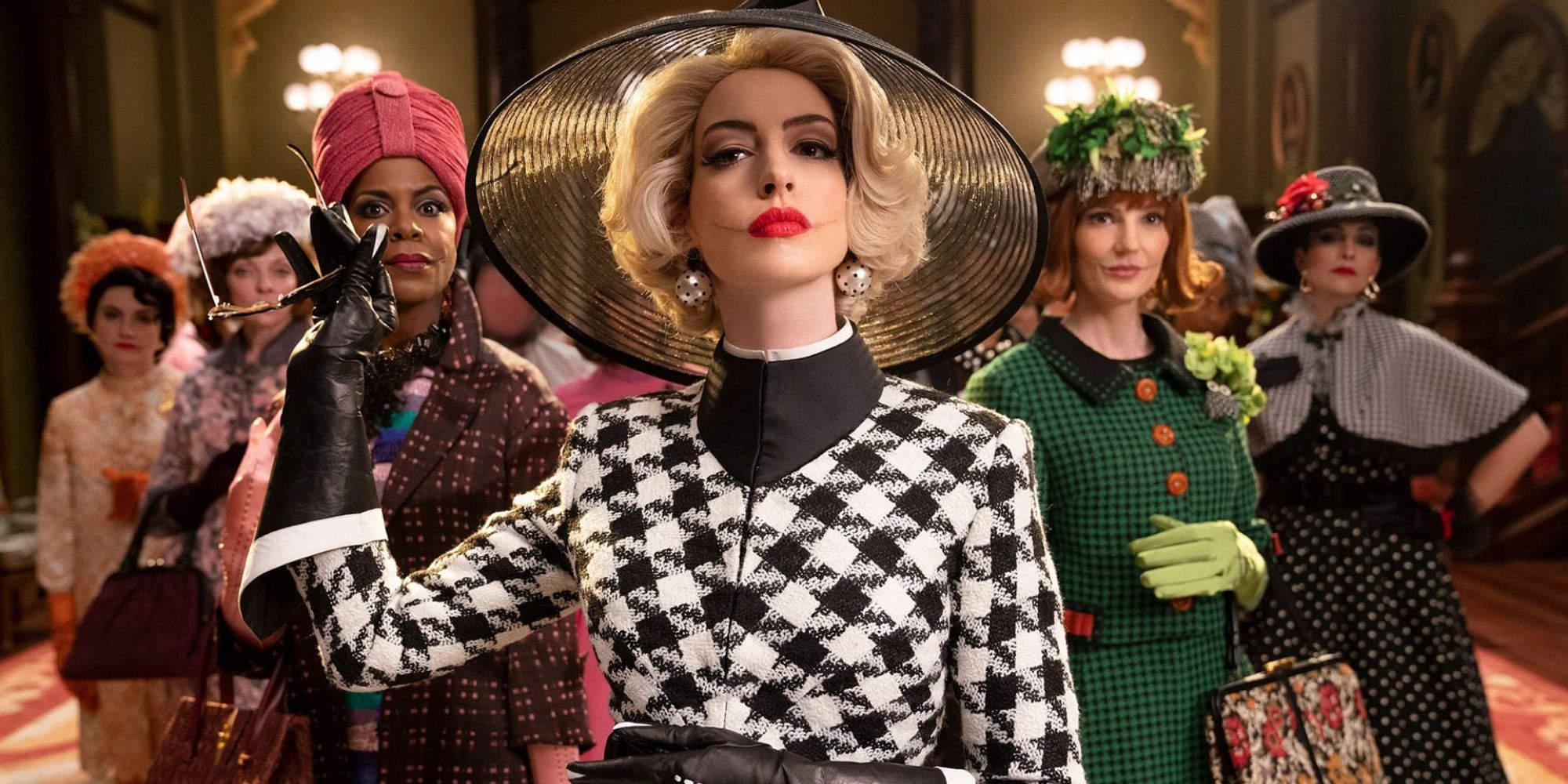
Robert Zemeckis aimed for 2020’s The Witches to stay loyal to Roald Dahl’s original vision, especially with the ending. Thus, he stuck to the story of a boy and his grandmother stopping a coven of witches, led by the Grand High Witch, from exterminating children.
The most notable difference of this film is setting it in Alabama, instead of England, and changing the boy to be a Black American, instead of British. Another change includes featuring the boy’s mouse Daisy as a character.
4 Charlie and the Chocolate Factory (2005)
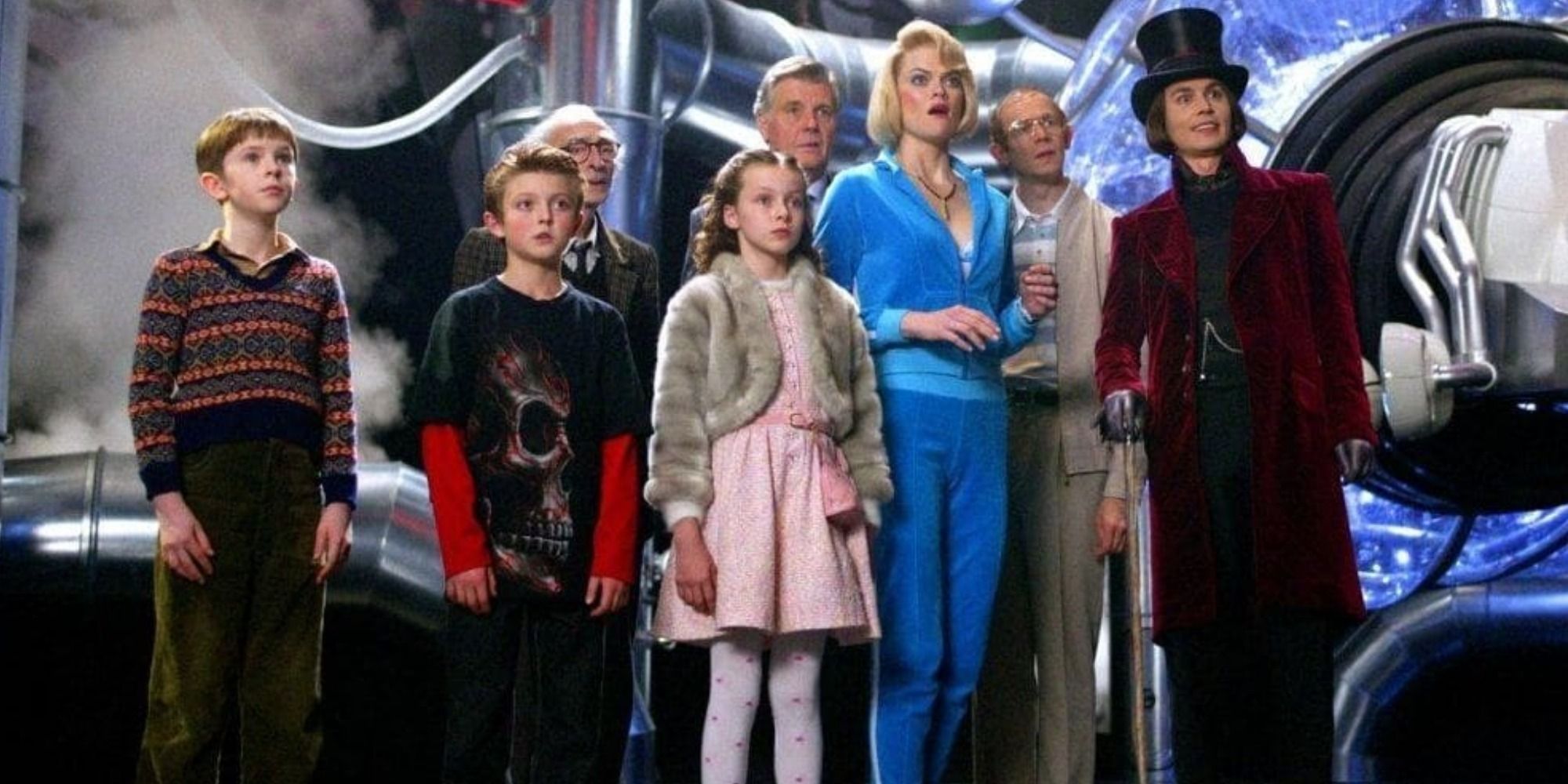
Likewise, the 2005 film adaptation of Charlie and the Chocolate Factory is a response to Willy Wonka’s inaccuracy to the book. Tim Burton concentrated intensely on Dahl’s story, down to incorporating the Oompa Loompa songs and adapting the nut-testing squirrels that led to Veruca’s elimination.
Tim Burton’s most noticeable change is the expansion of Willy Wonka’s character by showing his childhood with his father. It truly fits with Burton’s mantra of showing dimensions for weird central characters. One of the changes also include bringing one guardian to the factory, something also done in Willy Wonka.
3 The BFG (2016)
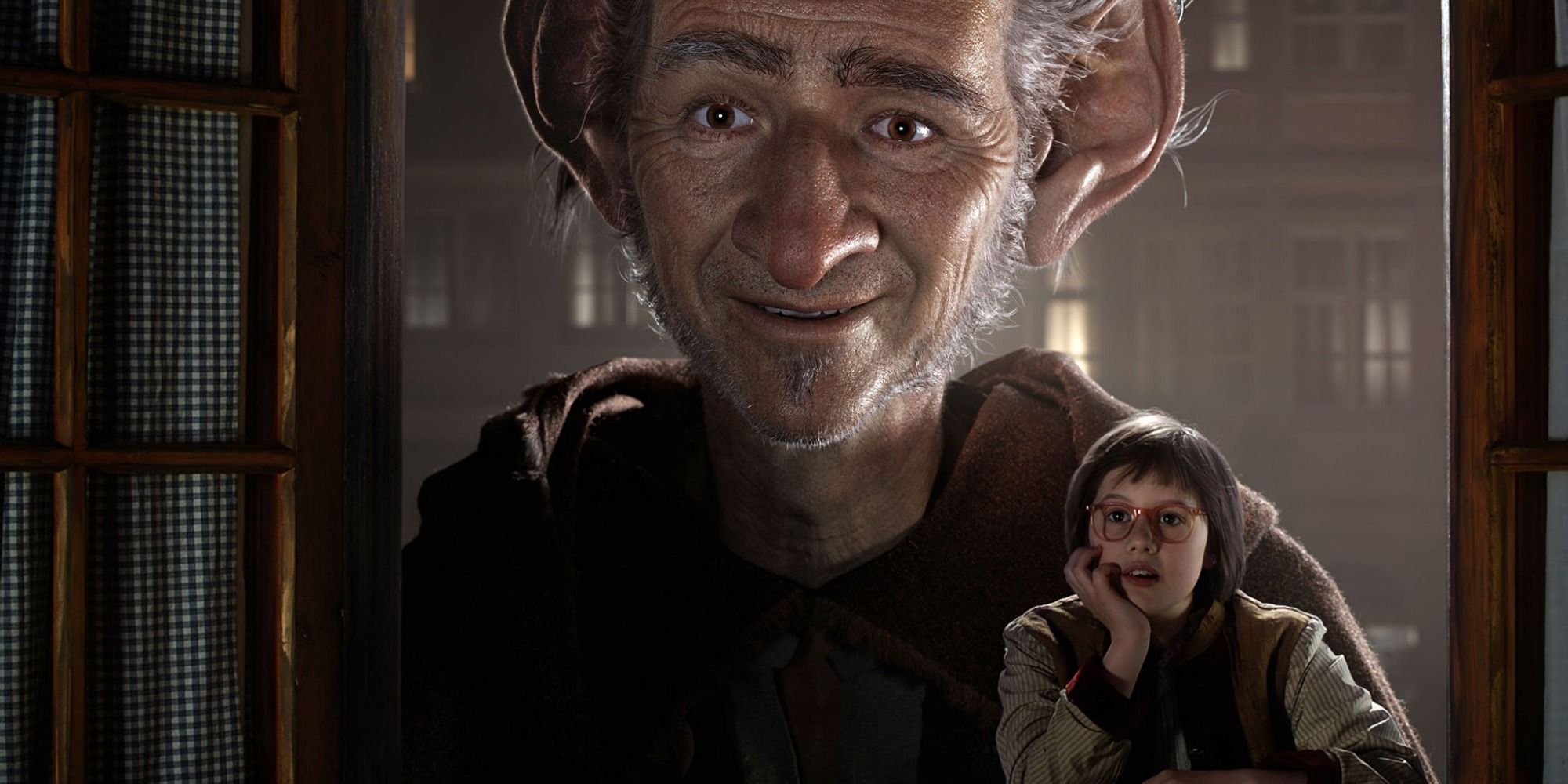
The BFG chronicles the unlikely friendship between an orphan girl and a humble giant. The story was a beloved children’s classic that it has been adapted twice for film. The latest of which featured Steven Spielberg directing the film for the first time for Disney.
Spielberg and his E.T. collaborator Melissa Mathison stayed faithful to the source material, finding richness in the friendship between Sophie and the titular BFG. Few changes include the royal guards also taking the frobscottle, Sophie scaring the giants with nightmares, and the resolution of The BFG staying in giant country.
2 The BFG (1989)
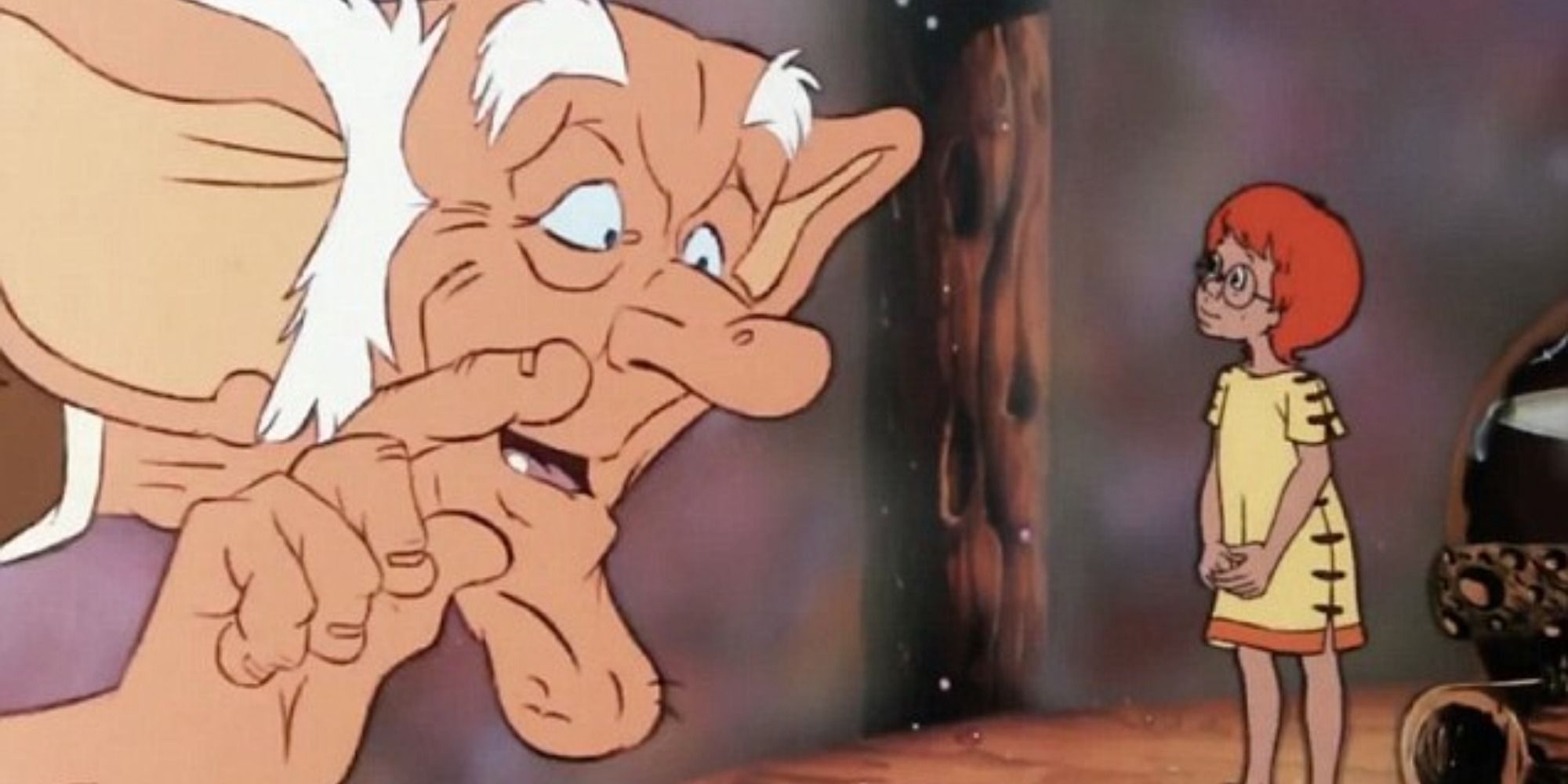
But there is also another BFG adaptation from back in 1989. An animated film by ITV, The BFG followed the same template exploring the bond between the orphan Sophie and the Big Friendly Giant or “BFG”. The film was produced a year before Dahl’s death.
Even that Dahl approved of the film, there are few changes to the source material, particularly in the last act. Like 2016’s The BFG, the pursuit of Fleshlumpeater was less gruesome and in the end, BFG remains in Giant Country.
1 James and the Giant Peach (1996)

James and the Giant Peach is the second stop-motion project that Tim Burton produced. While the majority is stop-motion, the scenes that do not majorly feature the creatures are made in live-action. The story is about an orphan who escapes from his cruel aunts by boarding a giant peach inhabited by giant insects.
Out of all the Roald Dahl film adaptations, this film is the most book-accurate. Though, the one big exemption is the fate of James’ aunts. Whereas the book shows them being crushed by the peach alive, the film has them follow James to New York.
https://ift.tt/35F1aJ9
October 28, 2020 at 05:30AM




